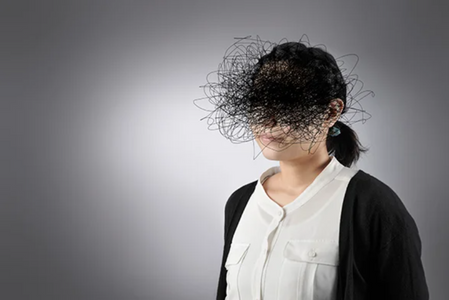Schizophrenia
Sulcata Psychiatry
Schizophrenia is a lifelong mental health condition that causes distress for both the person affected by the disorder and their loved ones or caretakers. Fortunately, when treatment is provided in a coordinated and timely manner, people with schizophrenia can go to school, maintain jobs, and regain independence. The team at Sulcata Psychiatry offers comprehensive care for patients and families affected by schizophrenia and other psychotic disorders. Contact Sulcata Psychiatry by phone to set up an appointment or book online.
About Schizophrenia
What is schizophrenia?
Schizophrenia is a severe mental health disorder that affects a person's perception, thought processes, emotional responsiveness, and social interactions. People with schizophrenia appear to lose touch with reality, which can be distressing for individuals with this mental health condition and their families or friends.
Schizophrenia causes severe and persistent symptoms that are disabling when left untreated.
Most people are diagnosed with schizophrenia between their late teens and early 30s. Rarely, schizophrenia can also occur in younger children.
Researchers theorize that this mental health condition may develop from a combination of genetics, environment, and brain chemistry.
What are schizophrenia symptoms?
Schizophrenia symptoms vary in type and severity. They affect thinking, behavior, and emotions and may include:
- Delusions (false beliefs not based in reality)
- Hallucinations (seeing or hearing things that don't exist)
- Disorganized thinking (expressed as incoherent speech)
- Abnormal motor behavior (childlike silliness or unusual agitation)
- Negative symptoms (neglecting personal hygiene, lack of emotional response)
Symptoms may worsen over time or go into remission. However, some symptoms may never go away fully despite treatment.
How is schizophrenia treated?
Schizophrenia is a lifelong condition that requires ongoing treatment and care, even when symptoms subside. Treatment for schizophrenia includes:
Antipsychotic medication
Antipsychotic medications reduce the intensity and frequency of psychotic symptoms. Medications are taken daily in pill or liquid form. Skipping or stopping your medications may worsen your schizophrenia symptoms.
Psychosocial treatments
Psychosocial treatments focus on addressing the cognitive and negative symptoms of schizophrenia. Treatments may include cognitive behavioral therapy, skills training, or supportive employment.
Does medication help schizophrenia?
Psychiatric medication can be an excellent option for many people struggling with schizophrenia. To determine the proper treatment for your specific needs, you must meet with a qualified mental health provider to discuss options.
Some medications may be better suited for one person and less ideal for another. Similarly, the same can be said about practitioners, so developing a relationship with a team you trust is essential.
If you're looking for a solution to the devastating symptoms of schizophrenia, contact Sulcata Psychiatry by phone or use the online booking feature today.
















